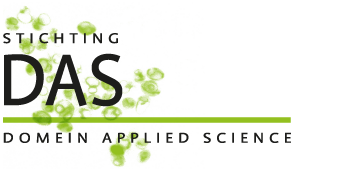Every student in the European Union who has finished a bachelor programme will receive the same internationally accredited title. Agreements were made at a European level in order to enable students to attain similar levels, which also cover the programmes in the Applied Science Domain. These agreements are described in the European Qualification Framework (EQF). This was created to make it easier for students to start an advanced programme or to start working in another European country.
The EQF also covers all other school levels, from primary education to university (including PhD research). Within this framework, a bachelor programme at a university of applied science or university will get you to level 6. After having finished a master programme, students must meet the requirements for level 7. Level-wise, it is not only about the depth of knowledge mastered in the chosen field of expertise, but also the acquired professional skills and the level of responsibility and independence a graduate can manage.
The end level of a bachelor (level 6) in a nutshell:
| Knowlegde | Skills | Responsibility and autonomy |
| Advanced level of knowledge of a professional or study field, with a critical understanding of theories and principles | Advanced skills showing professional excellence and an innovative capacity to solve complex and unpredictable problems in a specialised professional or study field. | Managing complex technical or professional activities or projects, accepting responsibility to take decisions in unpredictable contexts and to manage the professional development of persons and groups. |
The completed European Qualifications Framework (EQF) was given a Dutch equivalent, which bears the name NLQF. The Applied Science Domain foundation has created a chart to compare the indicators of the NLQF to the competence description in its own domain, which are strongly defined in terms of contents (see Connection between programme profiles and the NLQF). This chart is a very handy tool for the universities of applied science during their programme revaluations and during the accreditation process.

